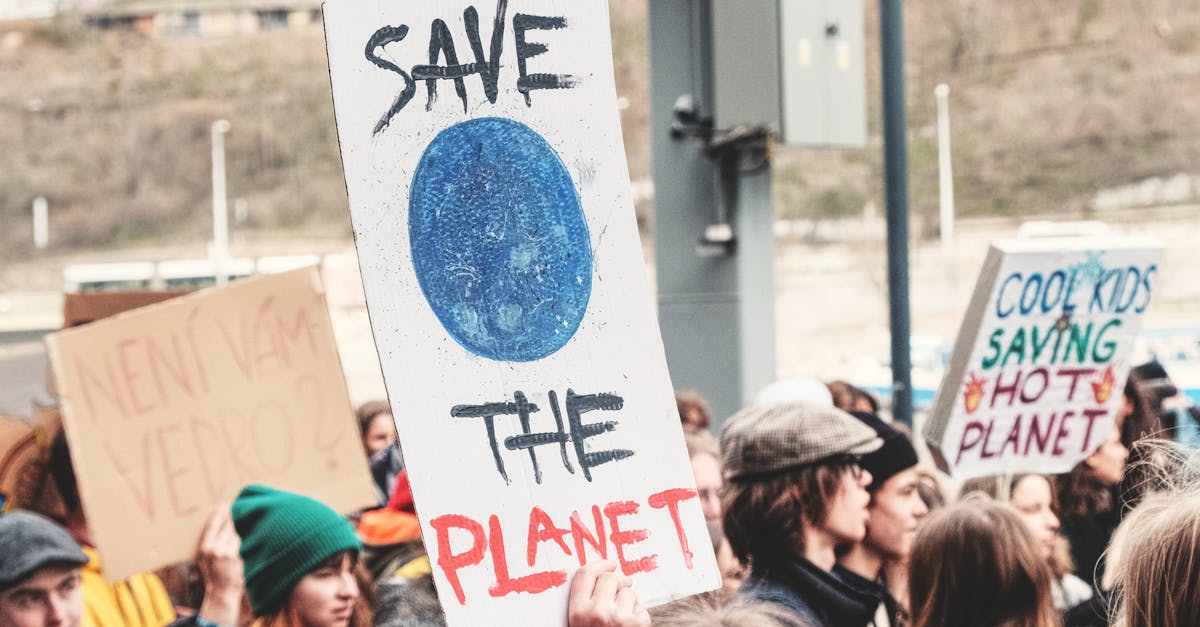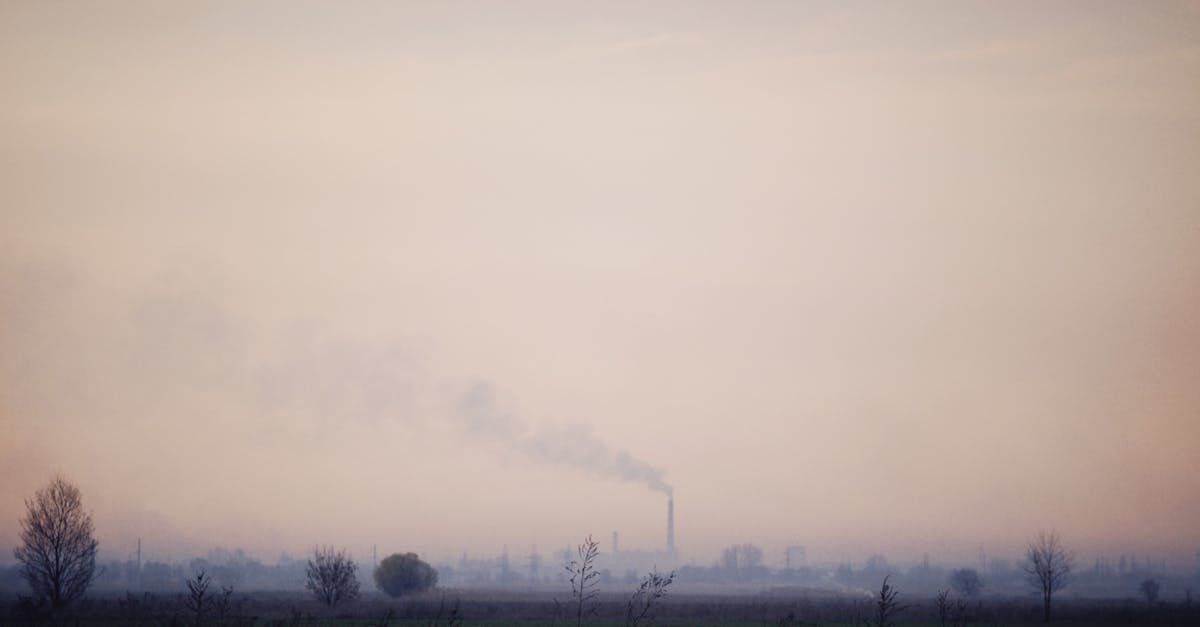Facing the reality of climate change can sometimes feel overwhelming. I’ve stood right where you are, feeling the weight of the world’s environmental challenges. Among these challenges, climate change litigation stands out, shaping how our societies hold corporations and governments accountable. Whether we’re talking about fossil fuel companies or state policies, the role of legal action in climate issues is more significant than ever. You’ve probably wondered how these complex legal processes work and why they matter to our shared future.
Diving into environmental law is like opening a door to a world full of strategic opportunities and tricky hurdles. Understanding climate lawsuits can empower individuals and communities to push for sustainable practices and policy changes. It’s about more than just navigating carbon emissions regulations or renewable energy policies; it’s about ensuring that the rights to a healthy environment are respected. You might also be curious about how these cases influence future climate actions and policies. Every case reflects a piece of the larger puzzle that forms our global climate goals and governance.
Consider this your invitation to explore the intriguing landscape of climate litigation with me. Discover how these legal battles can lead to meaningful change and why they are crucial in our fight for sustainability. Let’s dive deeper and see how together, we can contribute to a greener future!

Photo provided by Tomas Ryant on Pexels
Inside the story
Understanding Climate Change Litigation
Climate change litigation is a complex legal area. When I think about it, I’m always amazed by how it combines environmental issues with legal expertise. There are many cases where people or organizations take legal action to address climate-related impacts. These cases often involve disputes about who is responsible for pollution or how policies need to change. It’s not just about arguing laws; it’s about understanding the science and the effects on our planet.
In these cases, lawyers often focus on sustainability in law. They argue for changes that reduce carbon emissions and protect the environment. This is a challenging field because we need to consider both the environment and legal precedents. It’s fascinating to see how courts interpret these complexities and make decisions that can influence worldwide climate policies.
Key Climate Lawsuits and Their Impacts
Explore Influential Cases
Some notable climate lawsuits have reshaped policies in remarkable ways. One well-known case is when people sued a government for failing to protect them from climate change. This case led to new discussions about carbon emissions regulations. Governments and companies were urged to take stronger actions. It’s interesting to see how a single lawsuit can trigger significant shifts in policy and public awareness.
I found that these lawsuits are not just about winning. They raise awareness and start conversations about our responsibilities. When courts rule on these cases, they often highlight the need for better policies. They push for meaningful actions to reduce greenhouse gas emissions. These legal battles show how the law can be a powerful tool in the fight against climate change.
Lessons from Climate Change Litigation
There are valuable lessons to learn from past climate change litigation. One key lesson is the importance of using strong science to back legal claims. When lawyers present cases, clear scientific data helps build credibility. Developments in climate change research play a crucial role in these arguments. Knowing the latest science enables lawyers to make more persuasive cases.
An important insight is the role of public support. When I see communities rallying behind a case, it often strengthens the litigation effort. Public support can influence decisions and encourage more substantial policy changes. These cases teach us that climate action is not just about laws; it’s about engaging communities and advocating for sustainable futures.

Photo provided by ArtHouse Studio on Pexels
Navigating Environmental Law
Interplay with Climate Change Litigation
Environmental law plays a vital role in shaping climate change litigation. When I think about it, these laws are like the backbone of climate cases. They provide the framework for arguing about pollution and harm. Without strong environmental laws, many climate lawsuits would struggle to make an impact.
Lawyers often rely on these laws to argue their cases. They show how pollution control clauses or regulations have been violated. By combining these broader laws with specific climate cases, legal teams create compelling arguments. It’s a dynamic interplay where each case can lead to new interpretations and stronger future laws.
Role of Carbon Emissions Regulations
Carbon emissions regulations significantly influence the outcomes of climate litigation. These rules determine how much pollution is acceptable. When I consider this, it’s clear that tighter regulations often make it easier for plaintiffs to win their cases. They can show how emissions exceed legal limits and argue for tighter controls.
The influence of these regulations extends beyond courtrooms. They encourage companies to adopt sustainable practices and reduce their carbon footprints. As regulations become stricter, businesses are more likely to invest in cleaner technologies. These regulations not only guide litigation but also drive broader change in corporate behavior.
Sustainability in Law Practice
Balancing legal work with eco-friendly practices is crucial in climate law. Many lawyers now strive to incorporate sustainability into their daily practices. They look for ways to minimize environmental impacts while advocating for change. It’s a balancing act that requires awareness and commitment.
For example, some law firms are adopting strategic litigation approaches that prioritize eco-friendly technologies. They choose more energy-efficient office spaces or invest in paperless solutions. It’s refreshing to see the legal community embracing sustainability, setting an example for others to follow.

Photo provided by Alexey Demidov on Pexels
Future of Renewable Energy Policies
Shaping the Legal Landscape
The rise of renewable energy is reshaping legal frameworks. I find it exciting to see how these changes are impacting climate laws. Renewable energy policies push for more sustainable practices and highlight the need for updated regulations. They encourage a shift from fossil fuels to cleaner energy sources.
These policies also affect how climate cases are argued. They provide more tools for lawyers to push for greener solutions. With the growing focus on renewable energy, the legal landscape is evolving to address new environmental challenges. It’s a dynamic field with many opportunities to influence positive change.
Adapting to Emerging Legal Trends
Preparing for new sustainability challenges is a significant part of climate change litigation. As society becomes more aware of climate issues, climate policy implications continue to evolve. Lawyers must stay informed about these trends to effectively navigate future cases.
Emerging trends highlight the need for adaptive strategies. Legal professionals must understand how new technologies and policies affect their work. They must anticipate changes and be ready to argue innovative solutions in court. It’s a constantly evolving field that requires both dedication and foresight.
Navigating Legal Challenges Successfully
I understand that navigating these legal challenges can seem daunting, but there are great benefits to tackling them head-on. By engaging with the legal process, you help hold companies accountable and promote sustainable practices. You contribute to shaping policies that align with our climate goals. Stepping into this arena is a powerful way to drive meaningful change for a healthier planet.
To get started, consider exploring recent developments in climate policies and regulations. You can also connect with organizations specializing in environmental law to gain insights and practical advice. Joining forces with other like-minded individuals or groups can amplify your efforts and impact. Knowledge and collaboration are your best tools as you step into this important work.
Take the first step today. Research a local group focused on environmental issues or attend a community meeting. Your voice and actions matter. Together, we can make a difference and work towards a more sustainable future.
